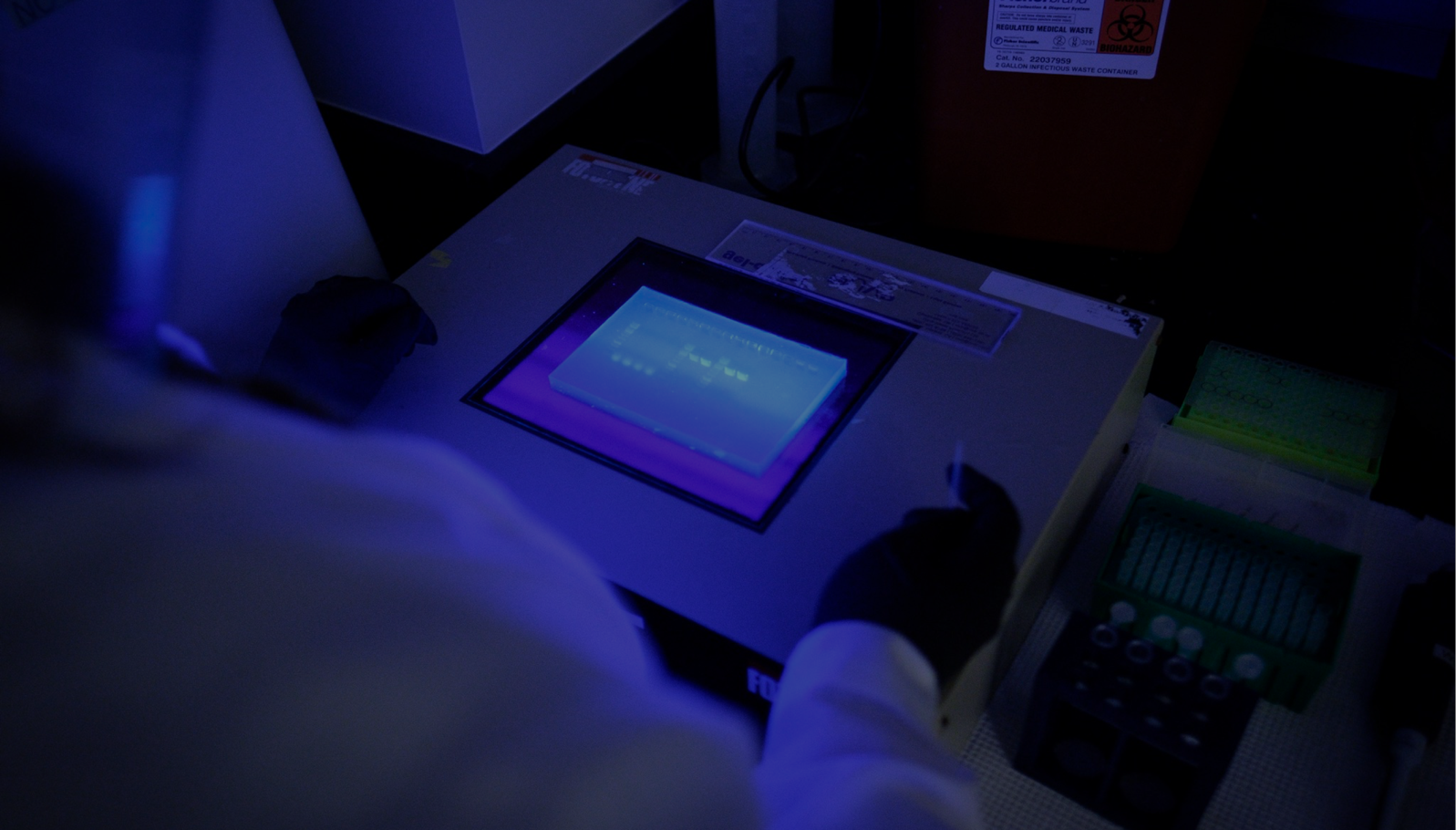Overview

Chlamydia trachomatis, which causes Chlamydial infections, is a major infectious cause of human genital and eye disease. If untreated, it can cause serious, permanent damage to a woman's reproductive organs.
Chlamydia infection is one of the most common STIs worldwide; it is estimated that about 1.4 million individuals in the United States are infected. Chlamydia can be transmitted during vaginal, anal, or oral sex, and can be passed from an infected mother to her baby during vaginal childbirth.
Between half and three-quarters of all women who have a chlamydial infection of the cervix (cervicitis) have no symptoms and do not know that they are infected. Even if it causes no symptoms, Chlamydia can lead to infertility and other complications.
In men, infection of the urethra (urethritis) is usually symptomatic, causing a white discharge from the penis with or without pain on urinating (dysuria).
Chlamydia is diagnosed through laboratory tests of urine or vaginal swabs. The infection is easily treated with antibiotics.
Source: Centers for Disease Control and Prevention
OUR FOCUS
Chlamydia research at CERID is focused on deciphering the mechanisms by which Chlamydia trachomatis manipulates cellular function in order to exit host cells and cause infectious disease.
Associated labs



